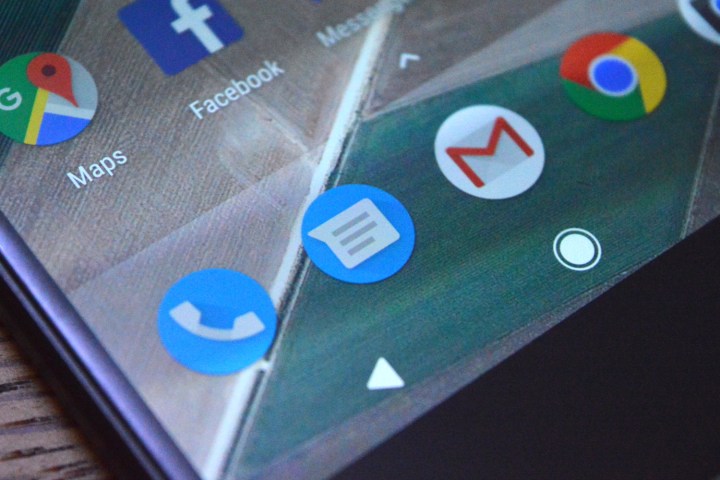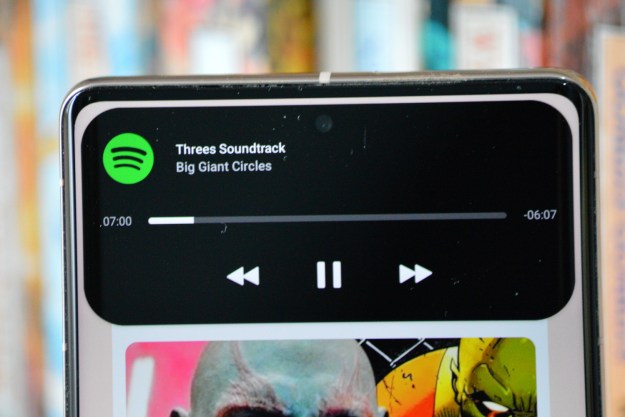
RCS is the next-generation of text messaging — you can send messages longer than 160 characters, have improved group chats, read receipts, high-resolution photo sharing, typing indicators, and more. It’s essentially modernizing text-messaging to be on par with Internet Protocol-based messaging, such as apps like iMessage and Facebook Messenger.
Google acquired Jibe in 2015, and promised a standardized RCS text-messaging platform that would work with non-Android devices. Unlike IP-based messaging systems, RCS requires carrier implementation — which explains the slow adoption rate.
The application that will make use of RCS features on Android is Google Messenger — an app that’s preinstalled on many
We are unable to verify whether T-Mobile is rolling out support, though the company has previously stated it will add Jibe support early 2017. We have reached out to T-Mobile and will update this article when we learn more.
Other texting apps, like Textra, have announced plans to also support the platform — so you’ll have more options rather than only having to use Google’s app.
We don’t know yet what Verizon’s plans are for RCS, even though it is a signatory for the GSMA Universal Profile. AT&T, on the other hand, offers RCS messaging in its own texting app, but it’s not compatible with Google’s Jibe platform.
Editors' Recommendations
- We now know when Apple is adding RCS to the iPhone
- Have T-Mobile? Your 5G service is about to get much faster
- Don’t update your Google Pixel phone — you might break it
- T-Mobile still has the fastest 5G, but its rivals are catching up
- Google is killing your passwords, and security experts are (mostly) happy

